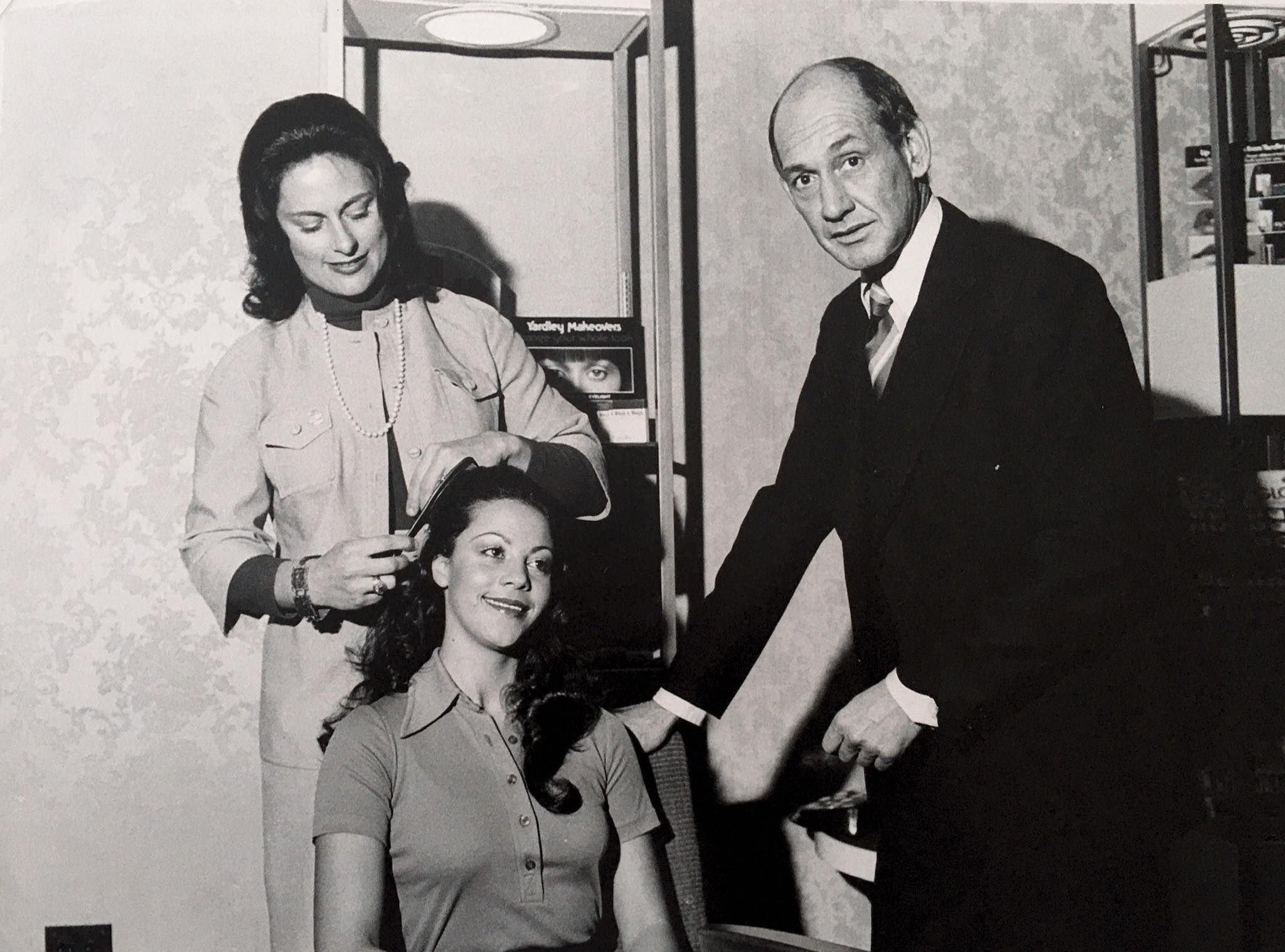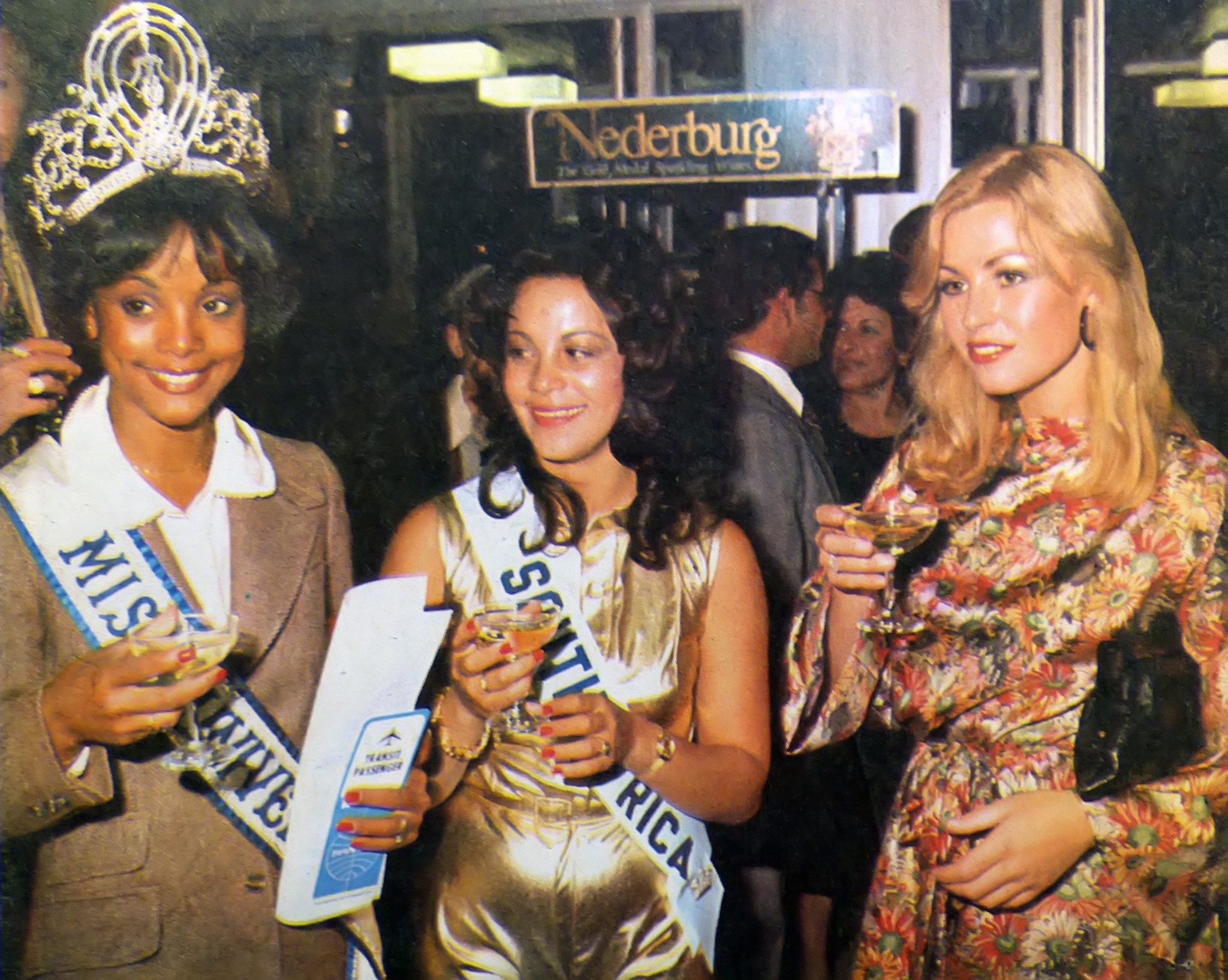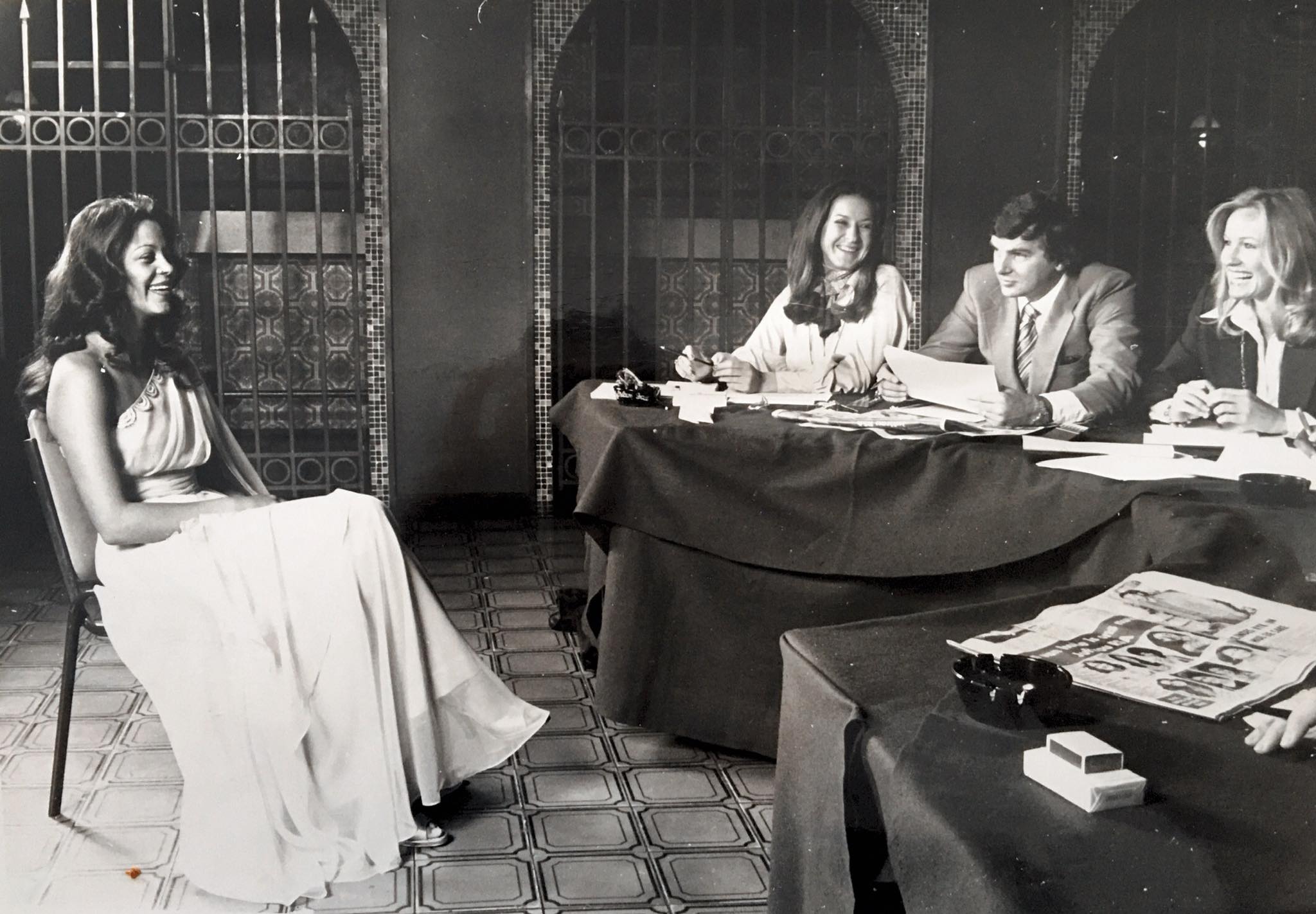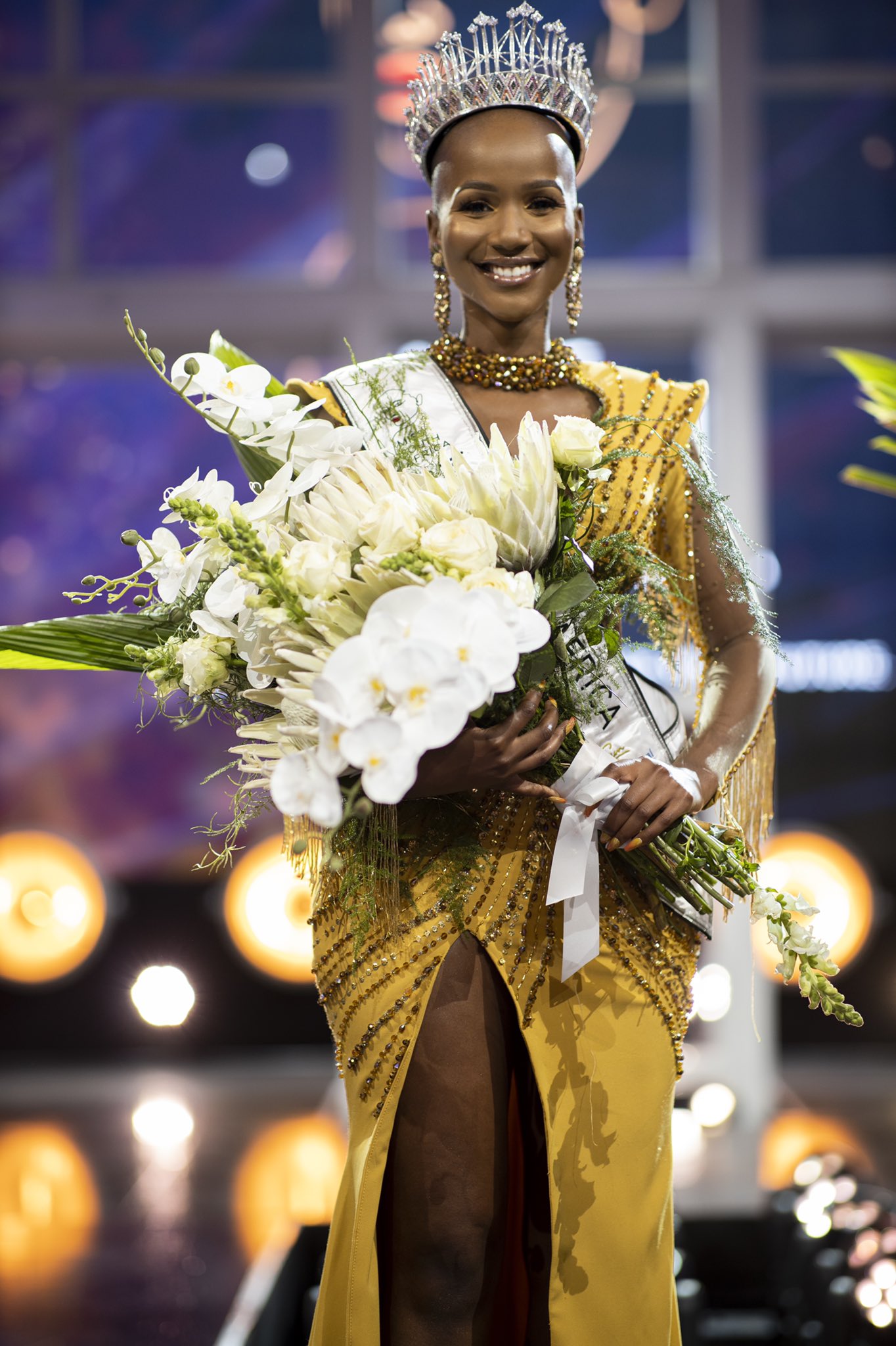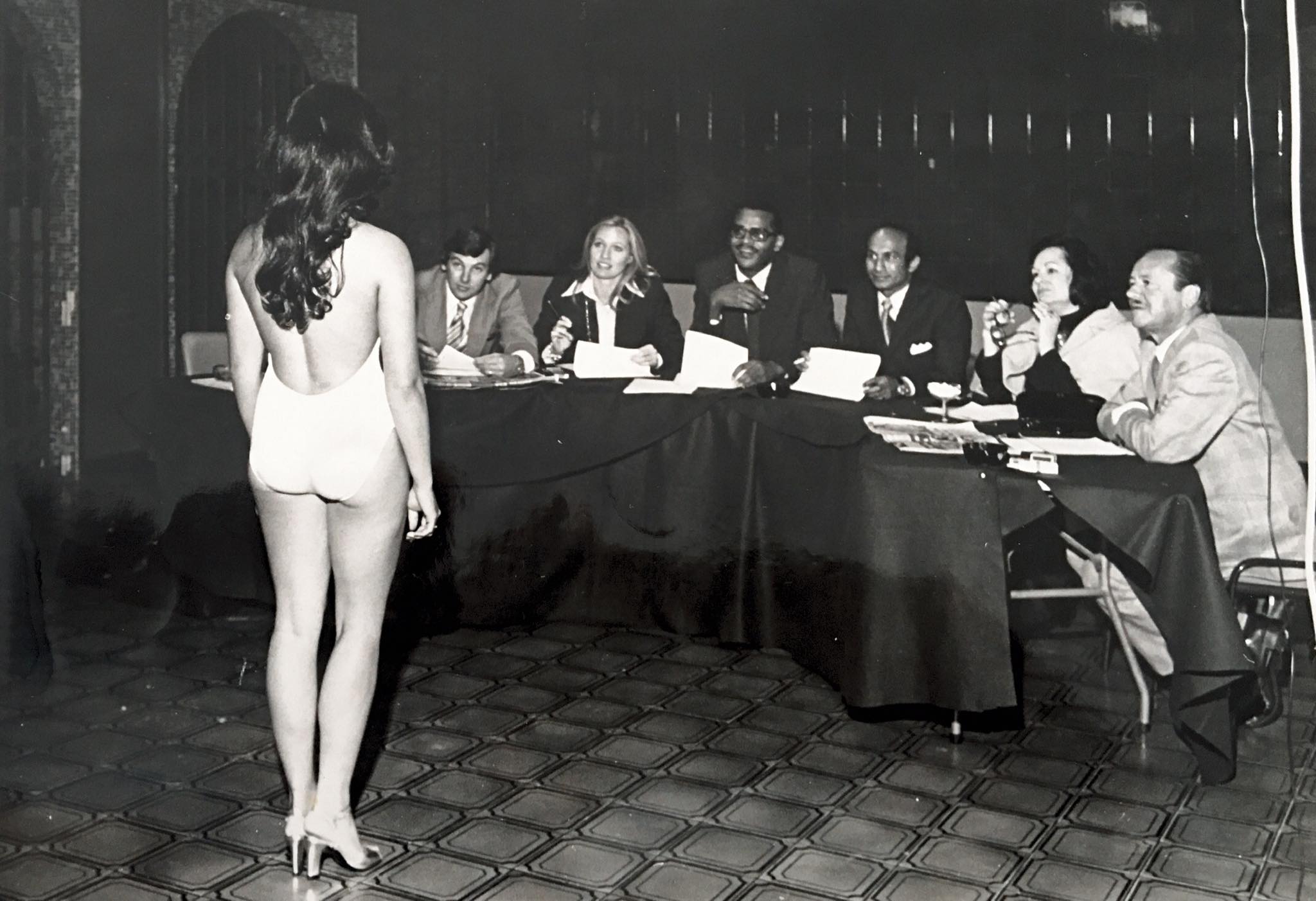This weekend will mark the crowning of the 63rd Miss South Africa in Cape Town. As it stands, 10 femmes anxiously await the ceremony, where one of them will leave to join the ranks of Shudufhadzo Musida (the current title holder) and Tamaryn Green (Miss SA 2018).
Perhaps the win could even lead to one of these contestants joining the likes of Zozibini Tunzi (2019) and Demi-Leigh Nel-Peters who are amongst the handful of femmes to experience the Miss SA-to-Miss Universe pipeline.
Indeed, this weekend will be yet another “marking in history”. The question, however, is when do we stop?
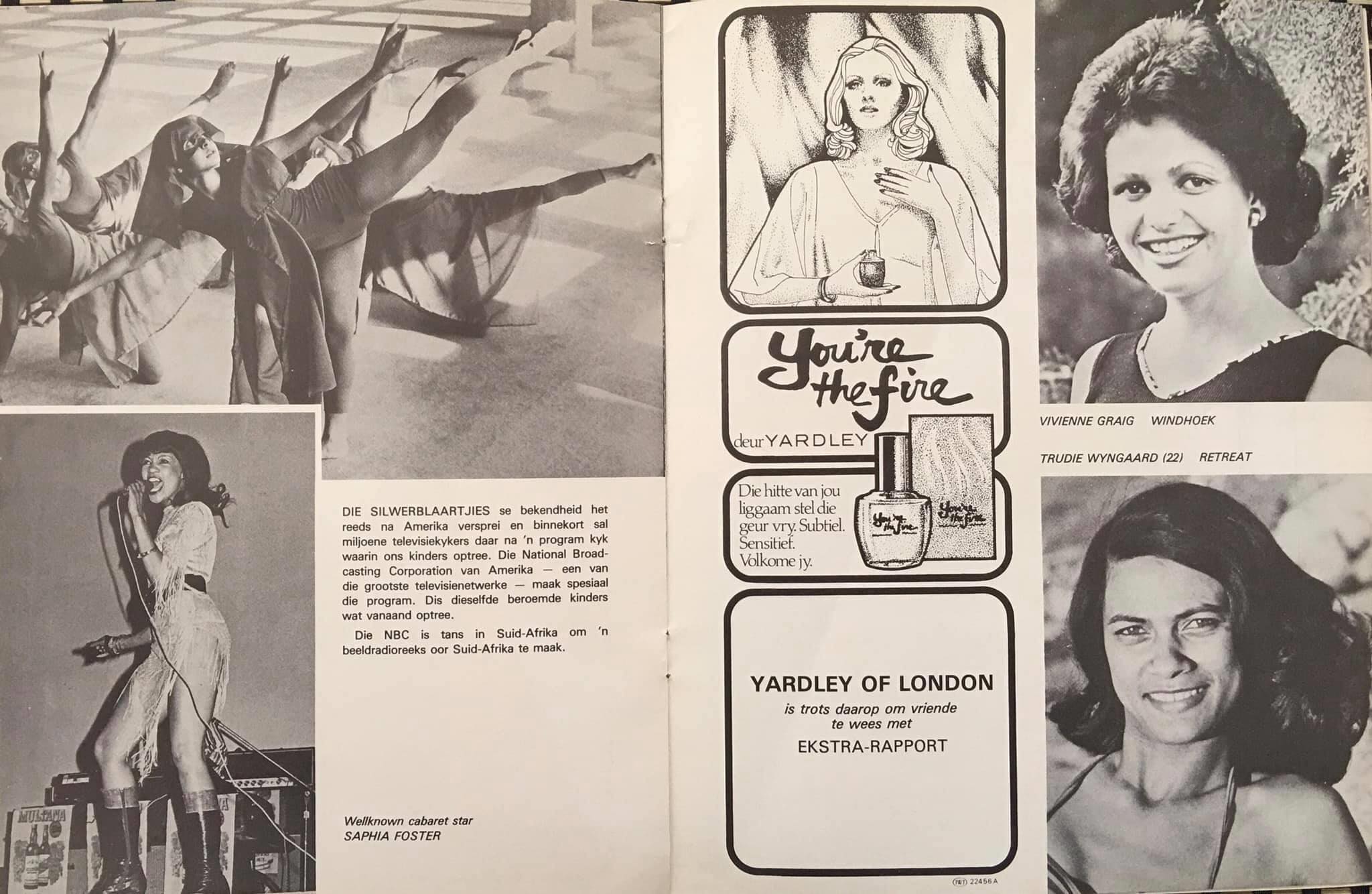
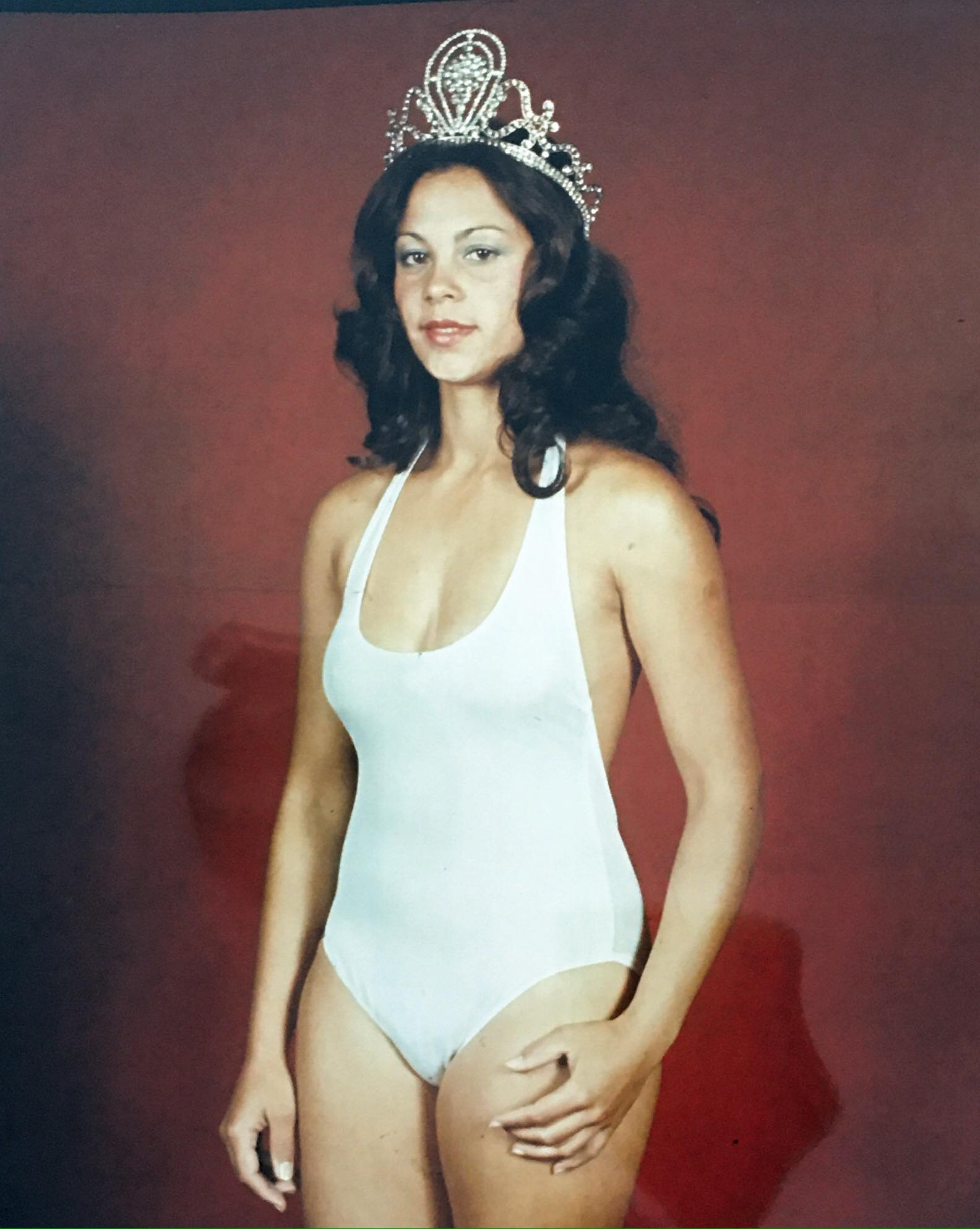
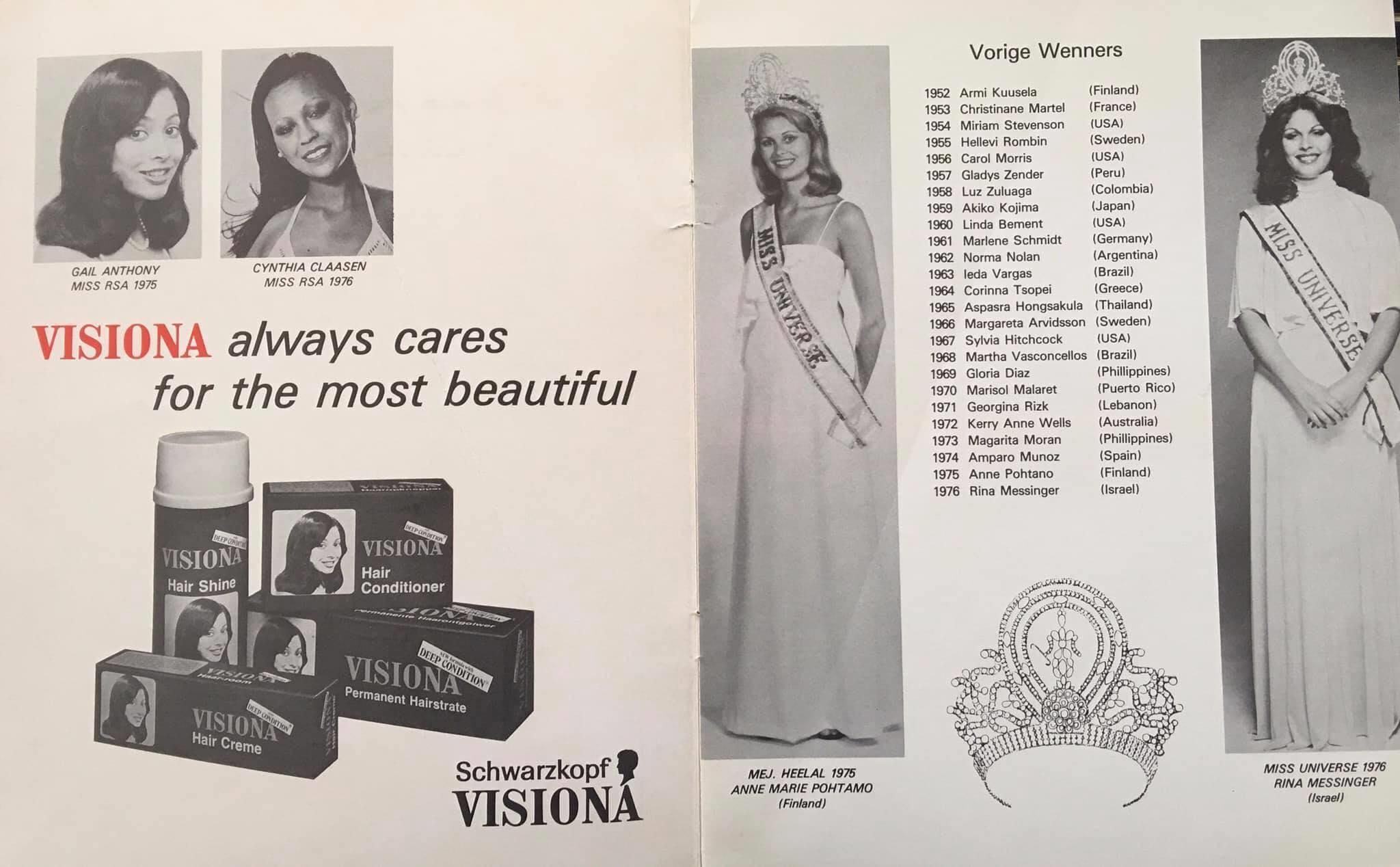
When do we stop counting the crowns — and when do we stop the practice of Miss SA altogether?
The concept of stopping seems very contradictory to all that Miss SA seems to stand for, with this years prizes being valued at over R4 000 000, which doesn’t include the R1 million in cash, the luxury apartment in Sandton and the Mercedes Benz C-Class Sedan the winner will also be given to enjoy.
If Miss SA’s millions in brand sponsorship opens up all the desired doors, then surely Miss Universe does the same but doubly so — opening up universes previously unknown to the everyday person — as the title suggests.
So stopping really doesn’t seem to fit in with the Miss SA brand, nor any of the brands it collaborates with. Yet, for an event that has gone through decades of history — with a racist history of its own — Miss SA has also gone on for too long without pressure to pause and ask: “what exactly are we doing here?”
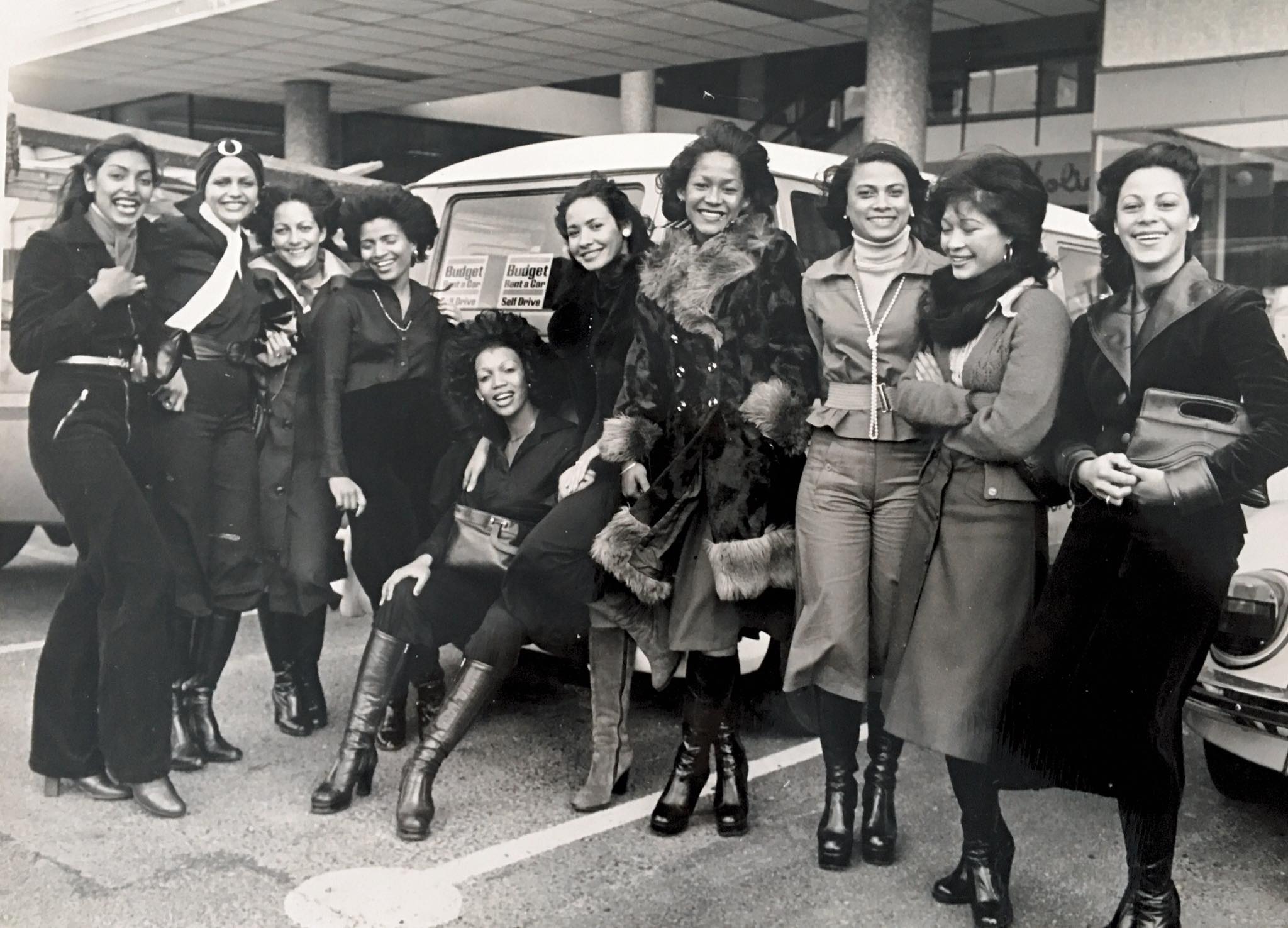
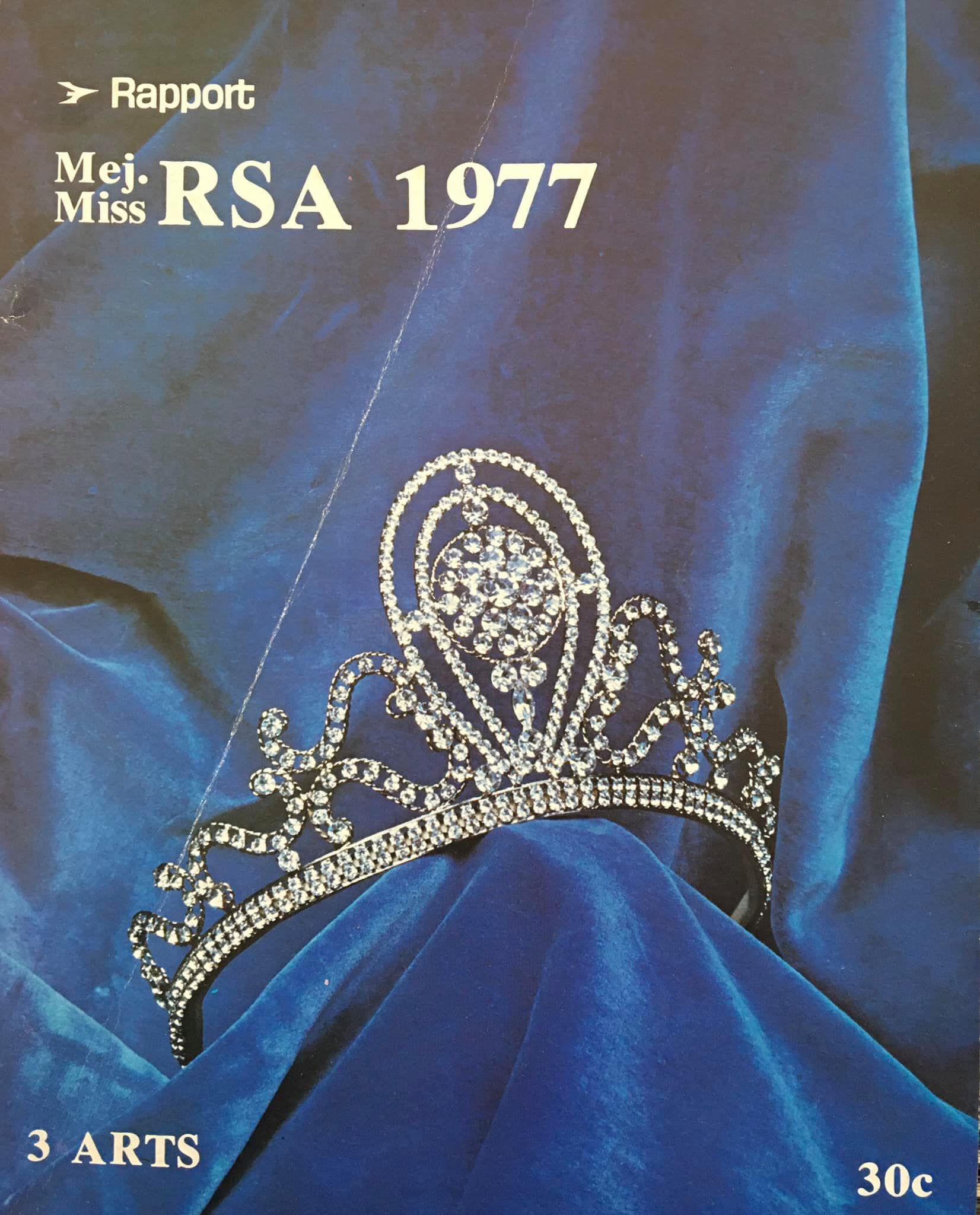
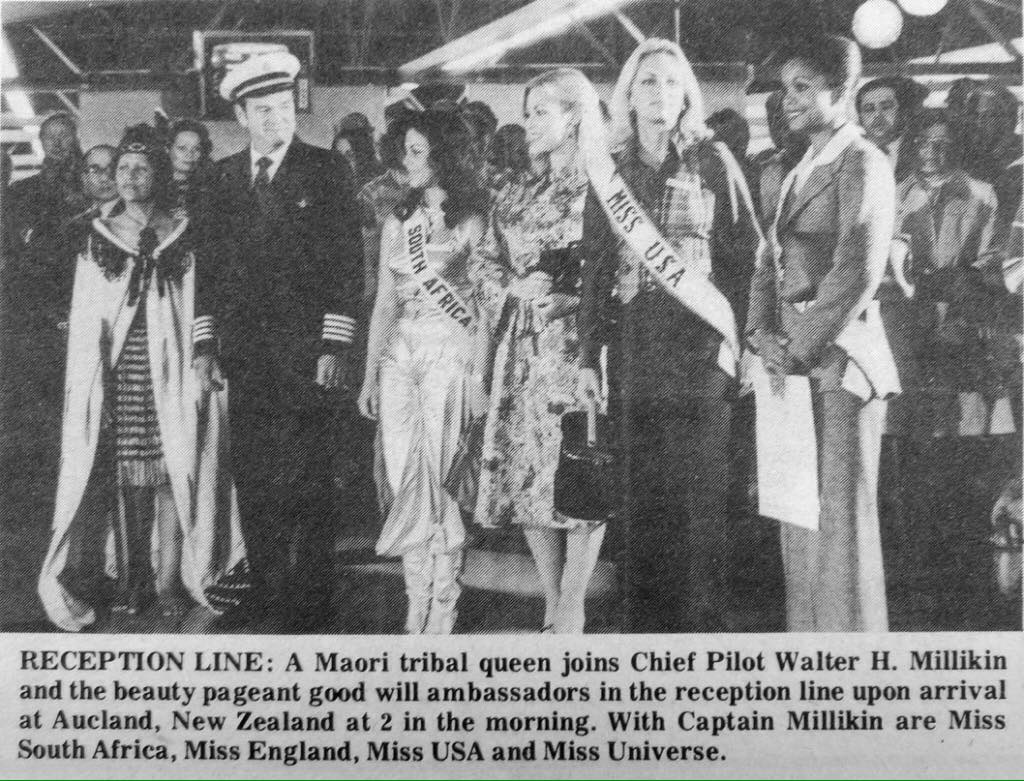
What’s clear from the pageants prizes, is that the show serves to strengthen neoliberal, post-feminist ideas of the constructed “ideal femme” being a brand in and of herself.
A brand to collaborate with other brands thus giving strength to them and gendered legitimacy. In a cycle of soft power, these femmes represent the brands as the best of their field, and this femme’s alignment with “the best of her field” — in-turn makes her the best of the femmes.
Of course, pageant culture ensures that before this can even be an option, the prospective women embody these gendered ideals and beauty standards laid out centuries before them.
In some ways, of course, the event adapts. From the acceptance of Black femmes and femmes of colour to compete in the 70s, to trans women being officially allowed to enter the race in 2019, Miss SA is seemingly keeping an ear to our socio-political wall.
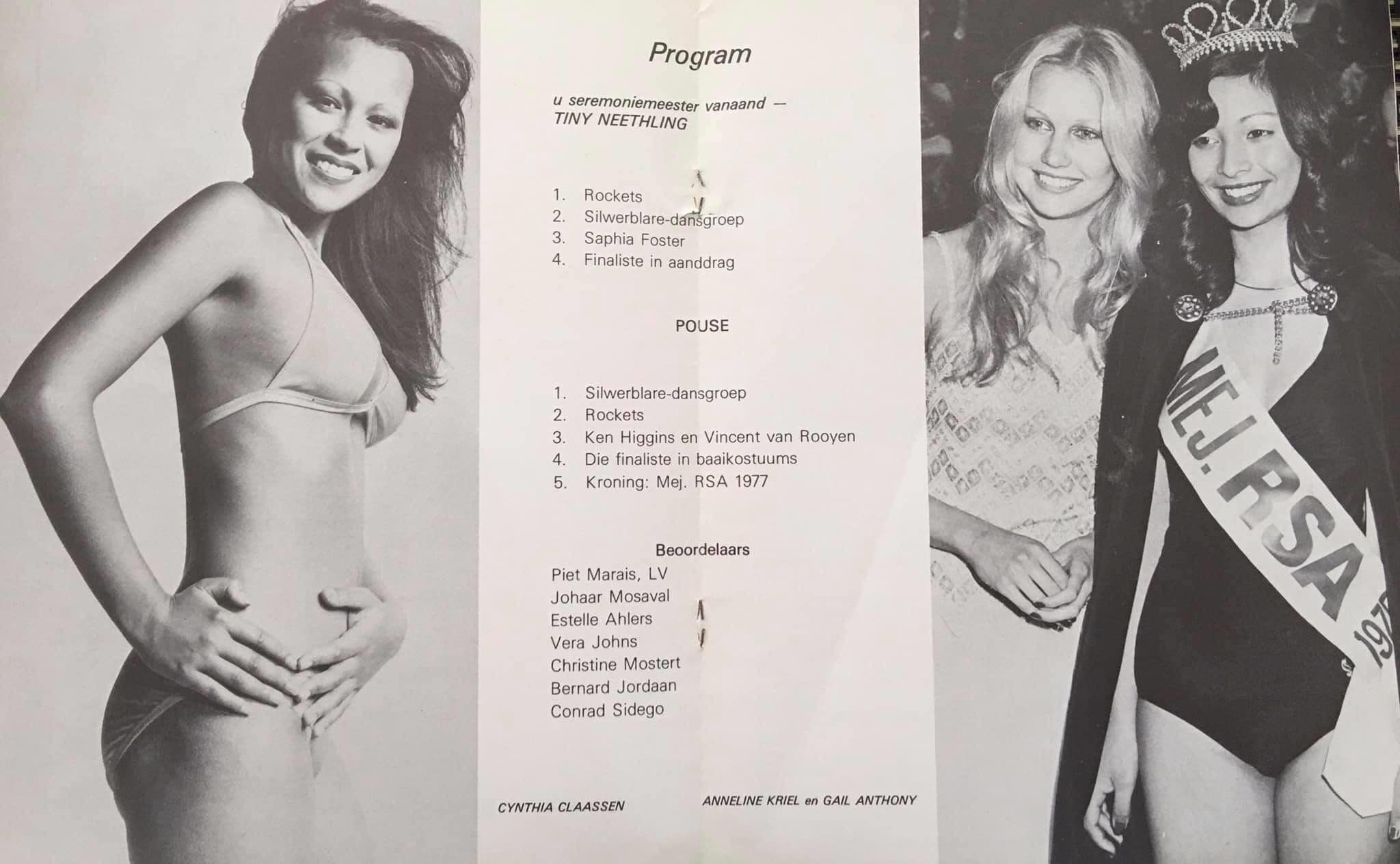
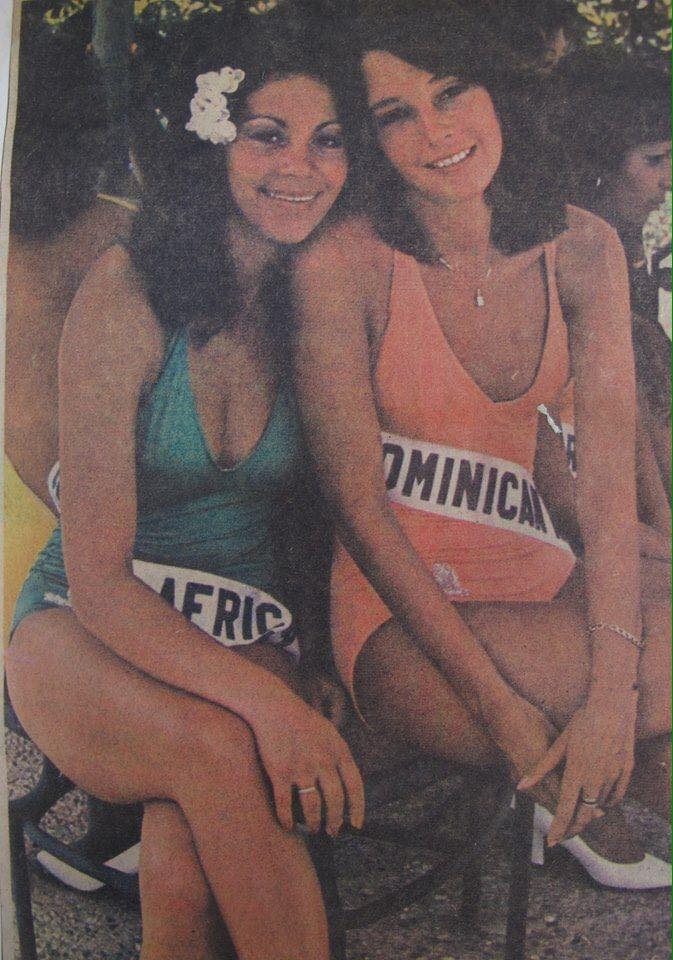
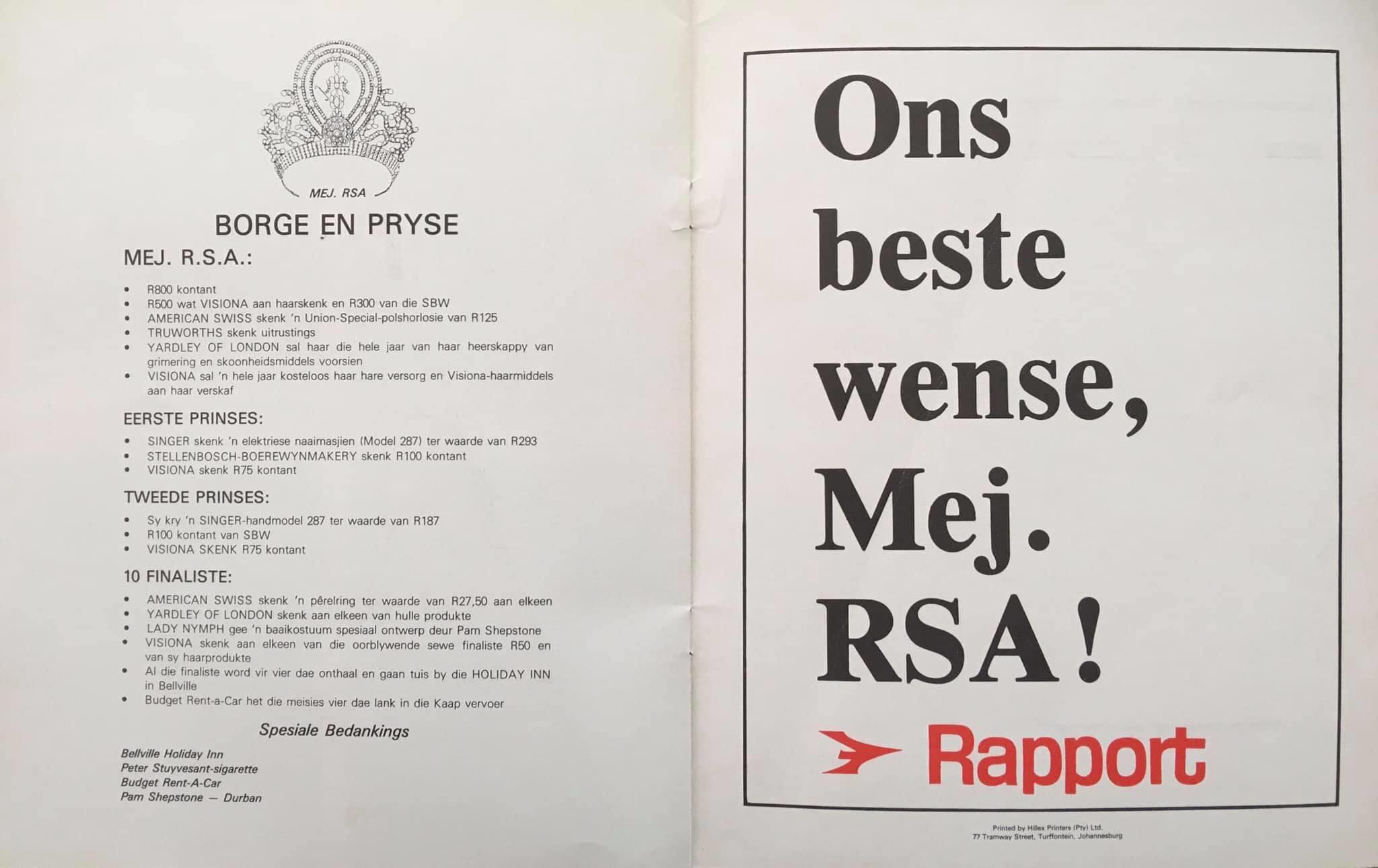
This year the contest saw the first ever trans-femme make it to the top 30 contestants and while she never made it to the top 10 finalists, it is a step. However, what is this a step towards?
With Tamaryn Green and former title holder Basetsana Kumalo sitting on the panel this weekend, both Green and Kumalo speak of knowing exactly what qualities they are looking for in a future Miss SA, reflecting on their own experiences.
How do their experiences hold against and in relation to the experiences of recently-allowed-to-compete-in-Miss-SA trans-femmes?
What is it the apple has to teach the orange about being a fruit, when they come from such different trees? It could be that to femmes on the periphery — the non-normative, the disabled, the fat, the poor, the… — Miss SA’s new woke policy may as well serve as a new cash grab scheme. Another symbolic plaster to place over real institutional cracks?

Cynthia Shange (1972 Miss SA winner) in a scene from the Heyns Film Production U-Deliwe in which she plays the title role. Circa 1970s.
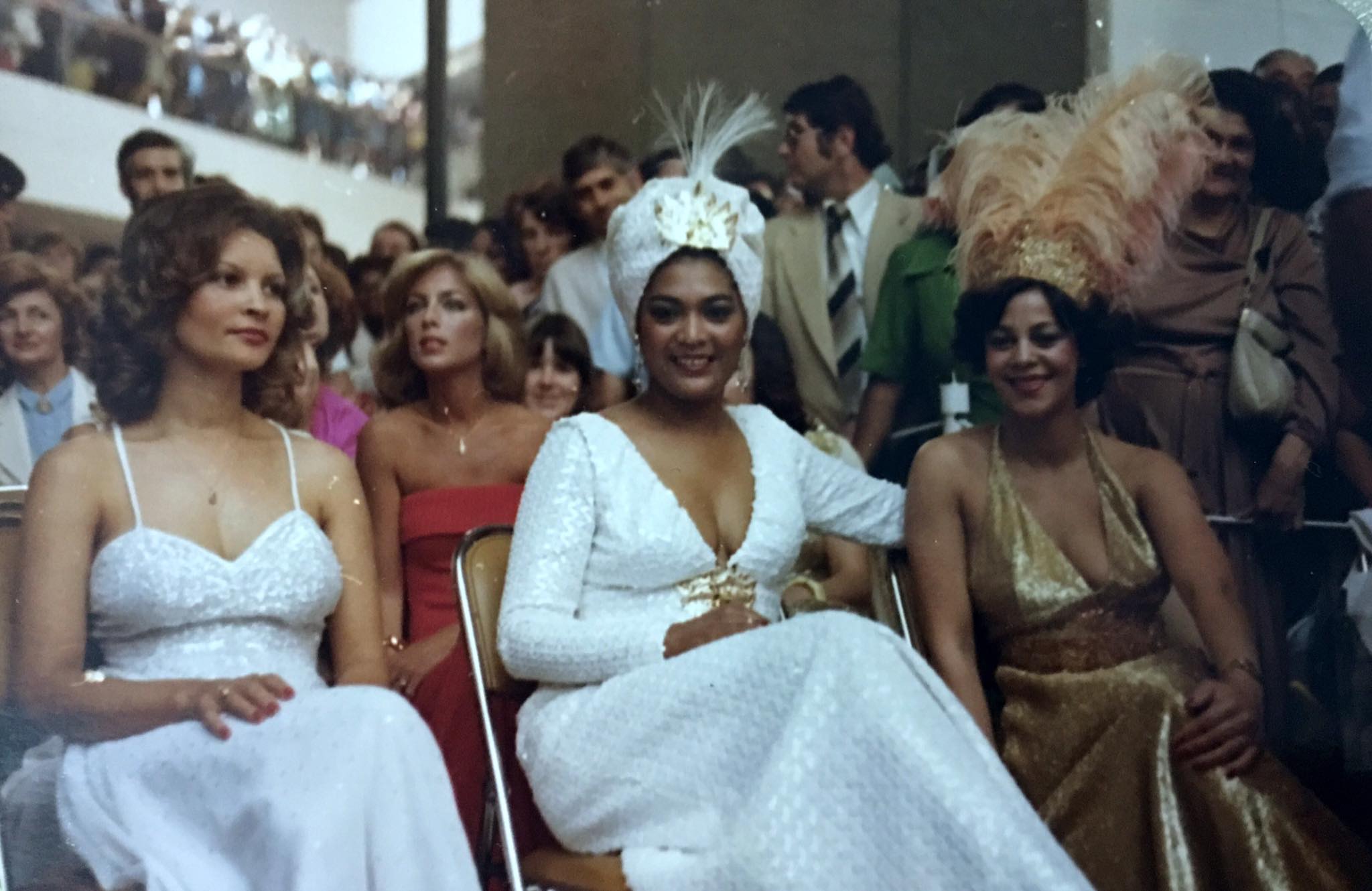
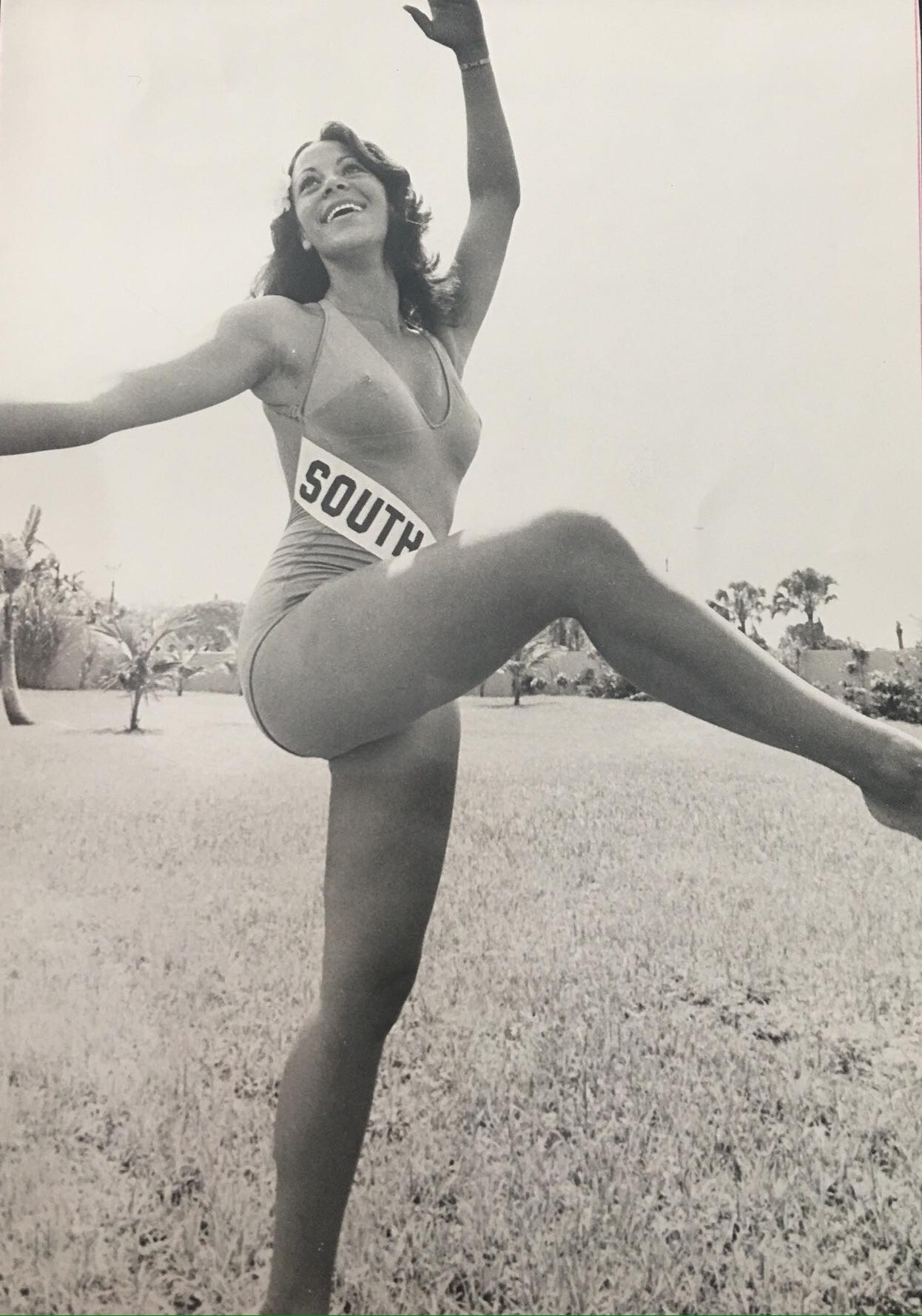
This isn’t to say pageants have never had their place. The very sashes we still see in pageants across the world have ties to the suffragettes.
The item allowed femmes to make a statement over their clothes while remaining socially acceptable. In a local and contemporary context, Miss SA has the ability to challenge ideas in daringly acceptable ways.
And, by some right, they have proved that given enough time, they can adapt their stride to new socio-political and cultural climates.
However, it’s always a matter of being insultingly late. So, rather than holding our breath for the inevitable rebrand of Miss SA to be expected later this decade, perhaps the next best step is to not see a Miss SA air at all later this decade?
